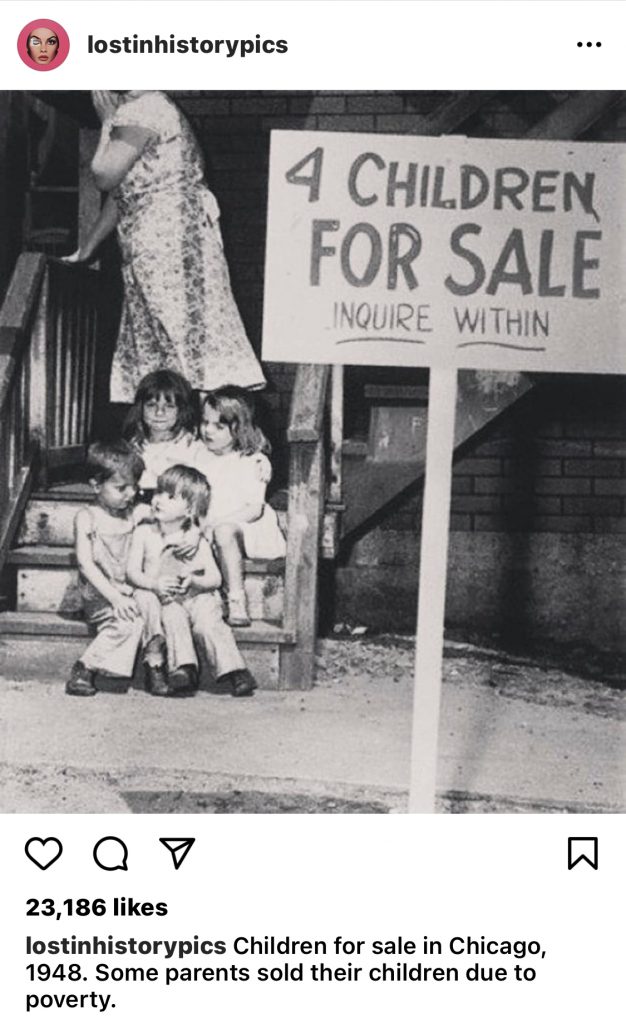Carl’s cleverness (and to be completely open and honest with you, I’m not sure how clever he truly is because there’s Carla to tell you about, and I mean no disrespect to either Carl, himself, and certainly none toward Carla) was no match for his wife Carla’s self-anointed deservability. Their 25 years together had at least taught him this much: what Carla wants, Carla gets. Sometimes (most times, more like) that getting was both Carl’s responsibility, as well as his shame. You see, Carl carried things, inside his chest, and he’d learned a long many years ago not to share those carrying sort of things with Carla, because well, Carl didn’t like to think back on it, but the quick remembering of it was enough to tuck all those feelings and such right back in again. So he just carried them quiet-like.
Carl wasn’t what you’d call a big man, no. He kept himself trim in most things: speech, hair, tucked in his shirt at all times, no matter absolute what, and truth be told, even tucked in his shoulders when he spoke to you, his eyes always looking just beyond, beside, or below your own. Learned to keep trim, he did.
So when Carla said she needed, no must have and deserved, some freshly-fallen and perfectly-gold Gingko leaves for her annual and every-year different Christmas display, Carl could hardly protest, now could he? It was at him she directly looked and her eyes didn’t look anywhere but directly, piercingly through you. You know she had this habit, or maybe it was just her way, of forcing your eyes to look directly at her eyes, except one of her eyes was permanently crossed so where were you supposed to look? Seems embarrassing to admit it, but I know personally how awkward those stare-downs with Carla can feel, and then imagine old Carl over there every single day, being stared at every time old Carla wants something. Not for me, says I, but I know this one isn’t about me. Don’t mean to sidetrack you here, but I just feel for that old Carl.
So anyways, here’s Carl in a stare-down, forced and all, with Carla over and about these leaves. What even in the Sam-hill is a Gingko leaf, says I when Carl confesses his latest, or newest if you will, errand. Mission, more like, says I, because this is Carla we’re talking about.
“Well well that’s the question to answer, isn’t it?” he asks me back. “I hadn’t thought of that at all,” he says, and I think to myself, that Carl is so small, I think sometimes.
I’m no professor, lord knows, so I don’t myself know about a Gingko leaf, but gold I know, and I know we’ve got more than plenty of gold leaves littering the ground of the entire town these days, but these days are numbered, mind you. I says this to Carl, because if he’s been given a mission, to be sure it came with a due date. No disrespect to Carla, but I’ve been there on some occasions of those stare-downs, and I know I, myself, don’t like to get caught in the cross-stares, and I’m starting to think maybe this is when I’ve watched Carl shrink a bit, if a man could shrink, just a bit.
I can see the worry on Carl’s face. Who wouldn’t be? And we know the only person we — or he, because I’m certainly no part of this, except for the parts Carl shares with me, which aren’t many, but I’ve seen the faces, you know — can ask for clarification is also the only we person we can’t ask. Carla, of course, is who I’m referring to. But believe you me, we can’t, just can’t, ask about a Gingko leaf.
Carl figures, and I figure he’s right, he’ll just load up the supplies he needs: a rake (which to be sure was the shortest-handled one I ever have seen in all my born days, which makes me wonder has Carl never had to rake leaves before?), a garbage bag, and a tank full of gas. I offer to ride along, as a sort of leaf-spotter, you know? And we head out up and down neighborhood streets, just looking for some yellow leaves, but not just any yellow leaves, figuring, and I think rightly-so, that these must be a special yellow leaf. And most folks don’t have so many leaves, anyway, or if they do, they’re so far back from the road, so it’s awkward, you know?
And it’s getting to be where dusk is waxing and we’re not going to be able to spot yellow after much longer. And then he and I see them at the same time: like a pot of gold at the end of rainbow, except it’s not raining outside, but there is rain coming tomorrow; my knee already foretold me that much. And we pull over, stealth-like, and Carl parks his minivan in the road, at the end of the driveway, and I just hope no one needs to come in or out of that drive, that’s all I’m saying.
Carl jumps out of the driver’s door — pops the hatch, grabs his short-handled rake (and I’m going to be completely open and honest with you here, but I was laughing out loud) and he proceeded to run up the drive, but only halfway, leaving the hatch open behind him, and I stayed right where I was because I was just there for leaf-spotting and saw that I spotted those leaves and my purpose was complete, and what was I going to do but get in the way of the only rake Carl had?
And that’s when I looked up the drive and took in the whole house on the hill before us, the driveway we squatted on, and saw someone working at her desk in the front window, lights fully on, staring out at oblivious Carl raking furiously away. I bet he thought he was cellophane, a stealthy retriever, but it was obvious to me this was his first ever heist of golden leaves, and I speak from personal experience here. And he scurried into the yard, pulling more leaves onto the driveway, and I could feel his heart beating faster, louder, as we — no, he — raced against the daylight, but most loudly in his own trimmed head against Carla’s deservedness, and he would not be berated for a failure. Not this time.
Carl rushed back to the open hatch, grabbed his white trash bag, hurried back up half the steeply-inclined drive, and with one hand holding his trash bag and the other scooping and shoveling leaves in record-time into the same bag, he left behind more than he took. Truth be told, he made more of a mess in that woman’s driveway than when he arrived. I’m just gonna chalk that up to complete inexperience with leaves and the raking of them, but that’s just me observing. And he flat-out took, without permission, but every demand would be met, Carla’s I’m sure you know. And there she was, waiting in their short flat driveway to receive and to see those golden leaves on his return.
Mission accomplished.

